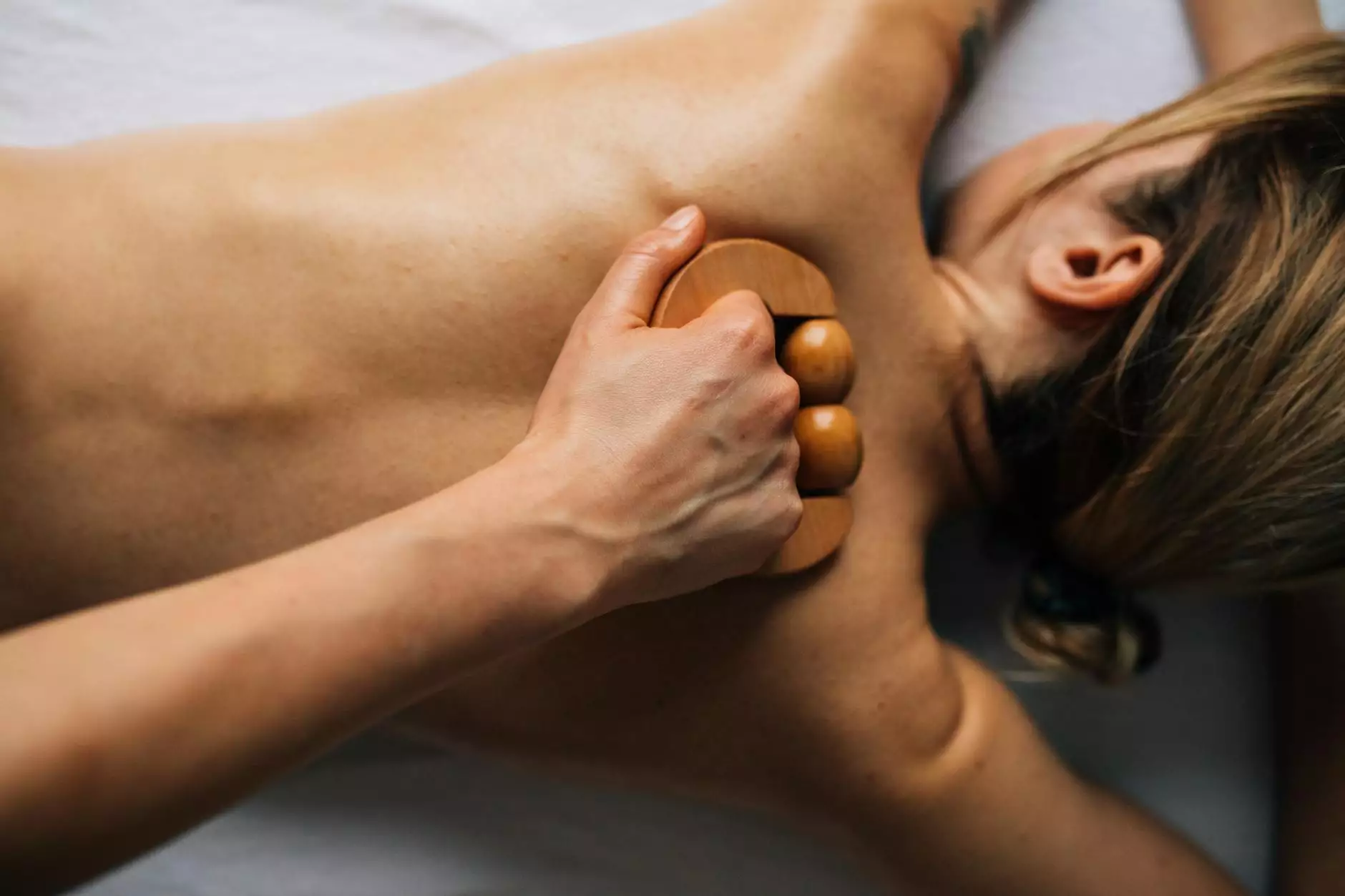Operation for Sweaty Hands: A Comprehensive Guide

Excessive sweating, particularly in the hands, is a condition that can significantly impact a person's quality of life. Known medically as hyperhidrosis, this condition affects many individuals, causing embarrassment and hindering daily activities. Fortunately, there are effective treatments available, including an operation for sweaty hands.
What is Hyperhidrosis?
Hyperhidrosis is a medical condition characterized by overactive sweat glands, leading to excessive perspiration. This sweating can occur in various areas of the body, but is particularly common in the hands, feet, armpits, and face. While the condition is not life-threatening, it can lead to emotional distress and social anxiety.
Types of Hyperhidrosis
Hyperhidrosis can be classified into two primary types:
- Primary Hyperhidrosis: This type is localized and often hereditary, affecting specific areas like the hands and feet without an underlying medical condition.
- Secondary Hyperhidrosis: This type is generalized and occurs due to an underlying health issue, such as hormonal changes, medications, or thyroid problems.
Understanding the Operation for Sweaty Hands
The operation for sweaty hands, often referred to as endoscopic thoracic sympathectomy (ETS), is a surgical procedure designed to reduce excessive sweating. It specifically targets the sympathetic nerves responsible for activating sweat glands.
Indications for Surgery
Patients may be candidates for surgery if:
- They experience severe sweating that interferes with daily life.
- Other treatments, such as antiperspirants or medication, have failed.
- They are in good general health and understand the potential risks.
The Procedure: What to Expect
During the operation for sweaty hands, surgeons perform the following steps:
- Anesthesia: The procedure begins with general anesthesia, ensuring the patient is comfortable and pain-free.
- Incisions: Small incisions are made in the chest area, allowing surgeons to insert a tiny camera and surgical instruments.
- Nerve Disruption: The sympathetic nerves that trigger sweating in the hands are located and either severed or disrupted.
- Closure: After the nerve disruption, the incisions are closed with stitches or adhesive strips.
Benefits of the Operation for Sweaty Hands
Undergoing the operation for sweaty hands can offer numerous benefits, including:
- Significant reduction in sweating: Many patients report a drastic decrease in hand perspiration.
- Improved quality of life: Reduced sweating can lead to enhanced social interactions and increased confidence.
- Immediate results: Most patients notice improvements shortly after the procedure.
Possible Risks and Considerations
As with any surgical procedure, there are potential risks associated with the operation for sweaty hands. Patients should consider:
- Complications: As with any surgery, there are risks of bleeding, infection, and reactions to anesthesia.
- Compensatory Sweating: Some patients may experience increased sweating in other areas of the body post-surgery.
- Potential nerve damage: There is a slight risk of damage to surrounding tissues or nerves.
Post-Operative Care
Proper post-operative care is crucial for a successful recovery from the operation for sweaty hands. Here are some guidelines:
- Follow-Up Appointments: Schedule and attend all follow-up appointments with your surgeon to monitor recovery.
- Rest and Recovery: Allow sufficient time to heal, and avoid strenuous activities for a few weeks.
- Watch for Complications: Monitor for any signs of complications, such as excessive pain, redness, or swelling.
Alternative Treatments for Sweaty Hands
For those who prefer non-surgical options, several treatments exist:
- Topical Antiperspirants: Prescription-strength antiperspirants can help reduce sweating.
- Botox Injections: Botulinum toxin can block the nerves responsible for sweating and may provide relief for several months.
- Iontophoresis: This treatment involves using a device that delivers a mild electrical current to the skin to reduce sweating.
- Oral Medications: Some medications can help decrease sweating, although they may have side effects.
Conclusion
The operation for sweaty hands presents a viable solution for individuals suffering from hyperhidrosis. This surgical option can provide significant relief, allowing patients to regain confidence and freedom in their daily lives.
If you're considering the operation, it's essential to consult with a qualified healthcare professional to discuss your individual case and determine the most appropriate treatment for your condition.
Visit Neumark Surgery for more information on hyperhidrosis treatments and to find an experienced doctor who can help you.









